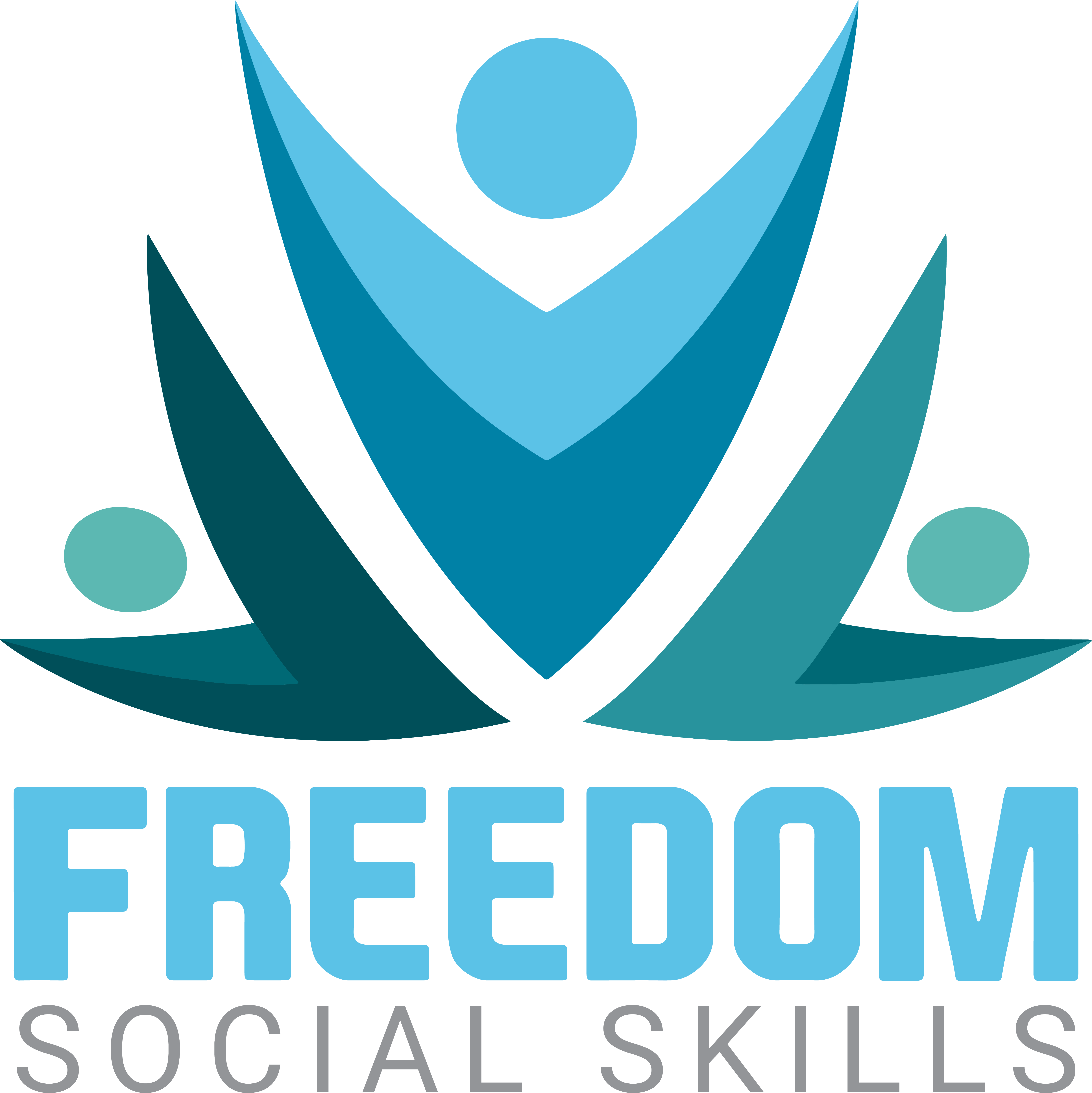Why practice Social Skills?
Having strong social skills reduces the risk of social isolation, allows children to form and maintain positive relationships and improves mental health and self-esteem. Social Skills are required to have success through school, form romantic relationships and maintain a job. Luckily, social skills can be taught in a fun, natural and effective way, through direct teaching, repeated practice, reinforcement, modelling, social stories and positive feedback.
What does it mean to have good social skills as a child?
Social skills can be broken down into a smaller subset of skills:
Social-Emotional Skills which refer to the ability to take others’ perspective and understand your own and others’ emotions and behaviour. For example, understanding why your behaviour hurt someone’s’ feelings, or predicting what they might do in retaliation.
Self-Regulation which refers to the ability to control and/or manage your behaviour and emotions under stress. For example, asking to take a break, or telling somebody how you feel.
Group Participation Skills are skills related to participating as a group to meet the group expectations, or too give and follow instructions with a group. For example, sitting in a classroom and listening to a teacher.
Play Skills are skills including participating in playground games, sports games, constructive games, and pretend play games in a cooperative and appropriate way. For example, playing tip, or building a block tower with a peer.
Social Language skills are skills related to communicating with others and using the appropriate language to do so. For example, asking a peer to come and play, or having a conversation.
Non-Verbal Social Language skills are skills related to reading and using non-verbal communication as part of social interactions. For example, understanding that someone looks, bored, happy, or mad and adjusting your behaviour accordingly. Alternatively, it could be demonstrating with your body language that you are listening and engaged during a conversation.




